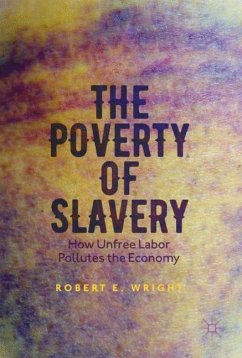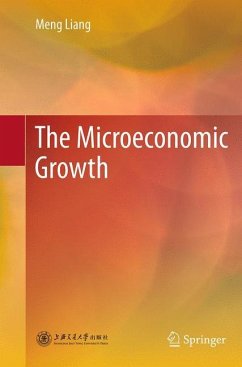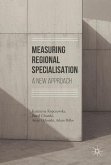This ground-breaking book adds an economic angle to a traditionally moral argument, demonstrating that slavery has never promoted economic growth or development, neither today nor in the past. While unfree labor may be lucrative for slaveholders, its negative effects on a country's economy, much like pollution, drag down all members of society. Tracing the history of slavery around the world, from prehistory through the US Antebellum South to the present day, Wright illustrates how slaveholders burden communities and governments with the task of maintaining the system while preventing productive individuals from participating in the economy.
Historians, economists, policymakers, and anti-slavery activists need no longer apologize for opposing the dubious benefits of unfree labor. Wright provides a valuable resource for exposing the hidden price tag of slaving to help them pitch antislavery policies as matters of both human rights and economic well-being.
Historians, economists, policymakers, and anti-slavery activists need no longer apologize for opposing the dubious benefits of unfree labor. Wright provides a valuable resource for exposing the hidden price tag of slaving to help them pitch antislavery policies as matters of both human rights and economic well-being.








